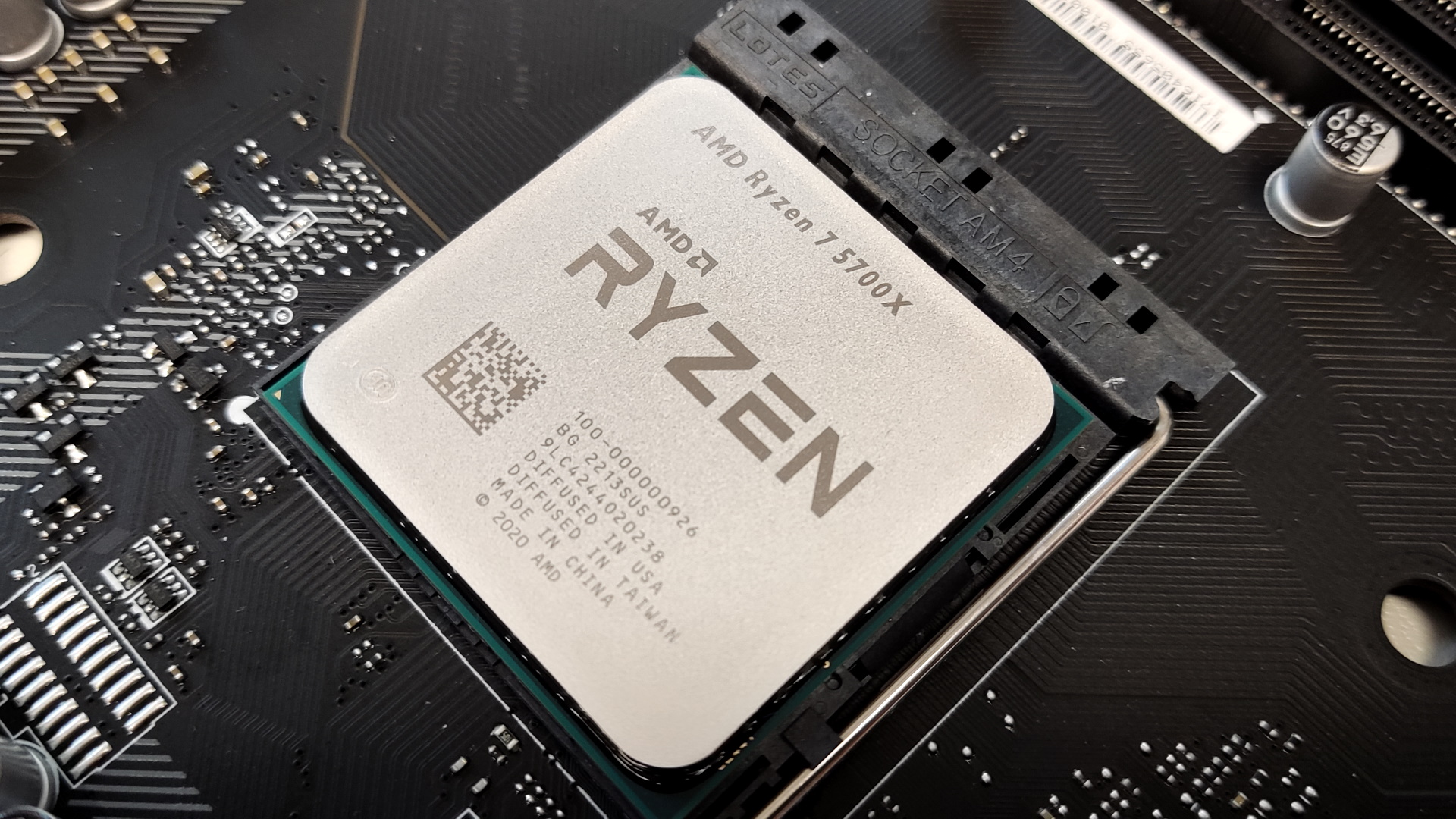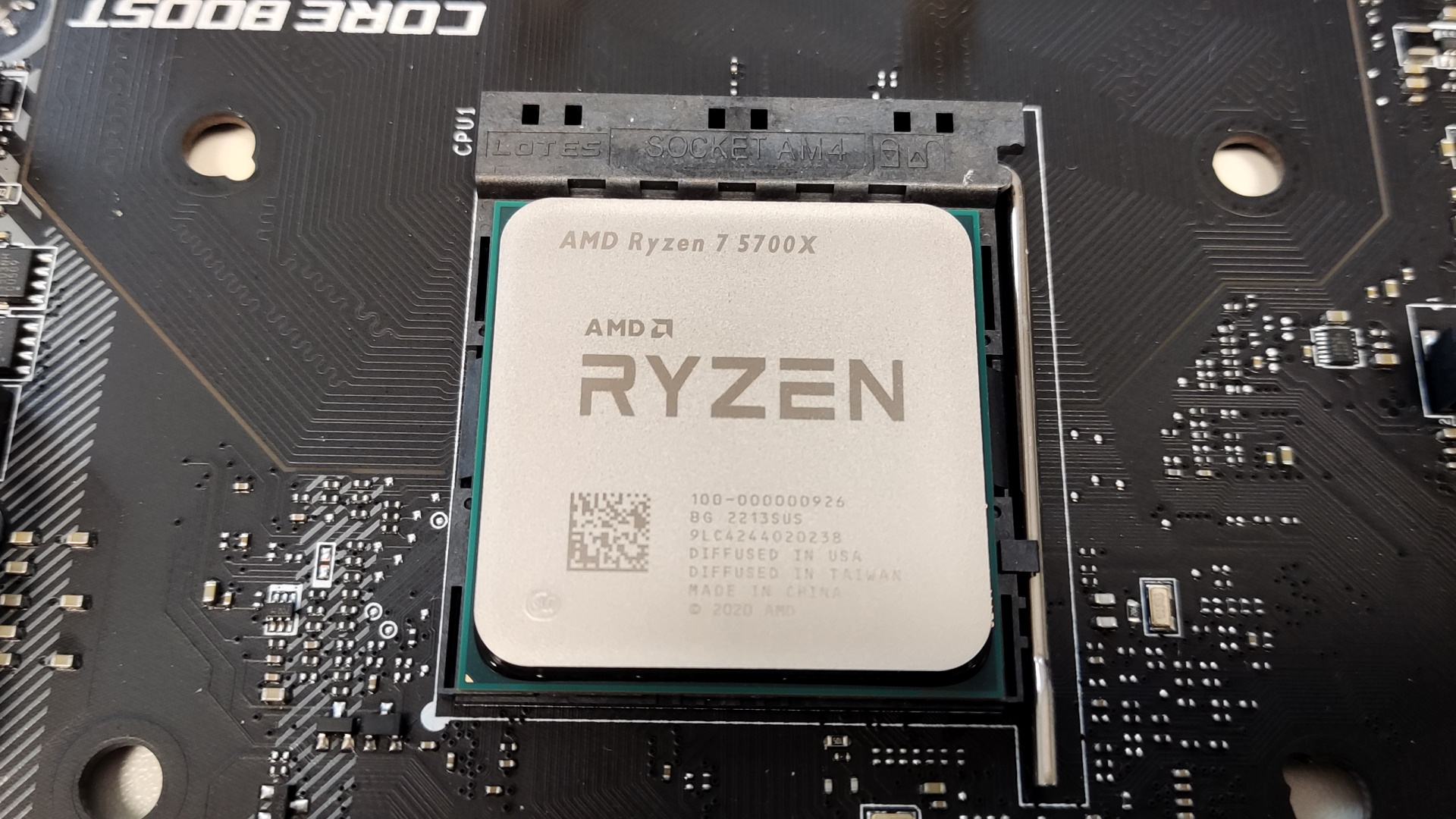Our Verdict
If this had launched as part of the original Zen 3 lineup it would have been a great mainstream CPU. Today though, there are simply better options out there.
For
- Most affordable 8-core Zen 3 CPU
- Unlocked by default
- Not overly power hungry
Against
- Intel Alder Lake is simply better
- No cooler included
- AM4 getting on a bit
PC Gamer's got your back
Hardware reviews are very much a product of their time. If you were to review Intel's first Nehalem chips today they'd get a sound kicking, even though they were an absolute game changer at launch. The same is true in shorter timeframes and had the Ryzen 7 5700X been released alongside the 5900X, 5800X, and 5600X it would have made for a very different review. As it is, the world has moved on quite a bit since Zen 3 first graced our motherboards and there are simply better options out there today.
In isolation, the Ryzen 7 5700X doesn't seem like too bad a deal. You're looking at an eight-core, 16-thread Zen 3 processor with a base clock of 3.6GHz and a maximum boost of 4.6GHz. That's only 100MHz off the top speed of the Ryzen 7 5800X and only 200MHz off the base clock. AMD has elected to drop the TDP down to 65W for this chip though, while the 5800X can draw up to 105W. Both chips have the same maximum operating temperature of 90°C.
One of the frustrations with the original 5800X was that it didn't come with a bundled cooler, and that's the case once again here—odd given that reduced TDP. You're going to want to splash out a decent cooler to get the most from this chip. At least the chip is unlocked, so you can squeeze a bit more out of it if you do splash out on a quality AIO cooler.
As this is a Zen 3 chip you get support for DDR4 and PCIe 4.0, which have both been eclipsed by the launch of Alder Lake and its support for DDR5 and PCIe 5.0. This is less of an issue at the budget end of the scale, but when you're dropping up to $300 on a CPU you really want it to support the latest technologies, as this is a chip that you'll want to last for a few years.
I say $300, but the Ryzen 7 5700X has already enjoyed some healthy price cuts, despite launching at that price just this April. You can pick this chip up for as little as $250 already, and it may actually drop even further before the Zen 4 chips launch this autumn. In the context of the original 5800X, which launched at $450, that's really not such a bad price, although given that chip can now be had for around $290, that shows how competitive the mainstream market is right now.
Without jumping too quickly to the conclusion, the problem for AMD is the Intel Core i5 12600K. This is a chip that can be had for around $280 but absolutely hoses Zen 3 in gaming and more serious tasks, as you'll see shortly. This is why when it comes to the comparison benchmarks we've gone with the Ryzen 5 5600X and the more affordable Intel chips because they're the ones that the Ryzen 7 5700X has to beat to stand a chance.
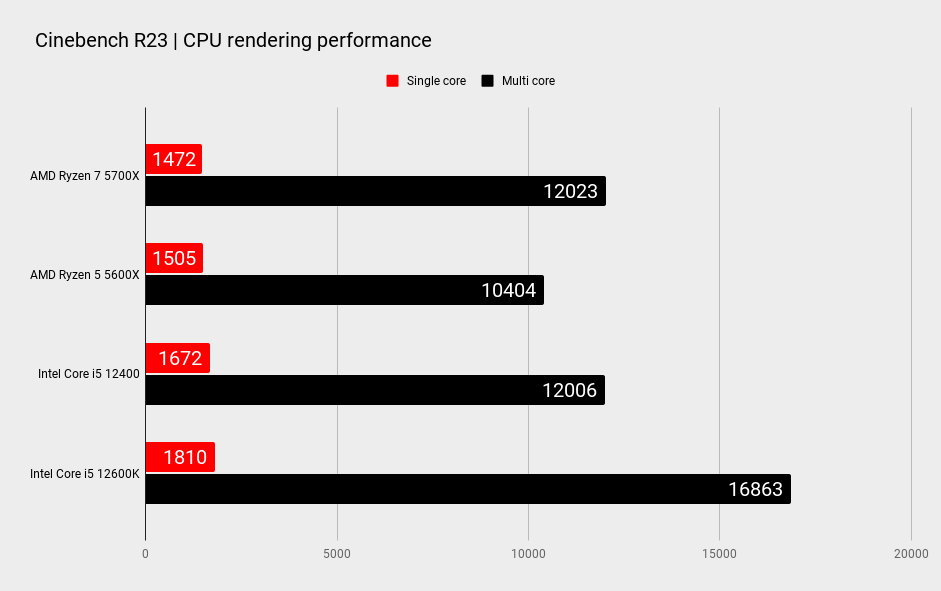
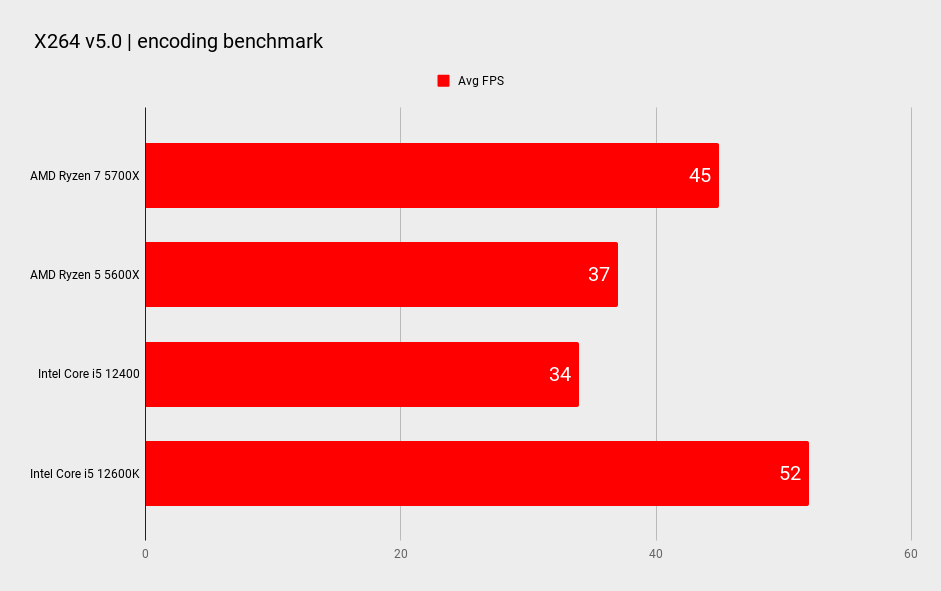
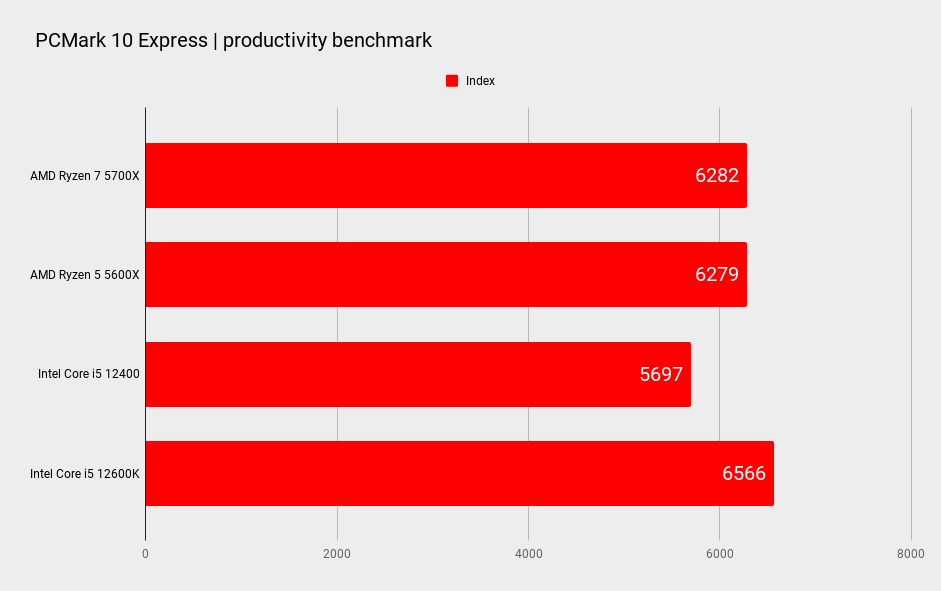
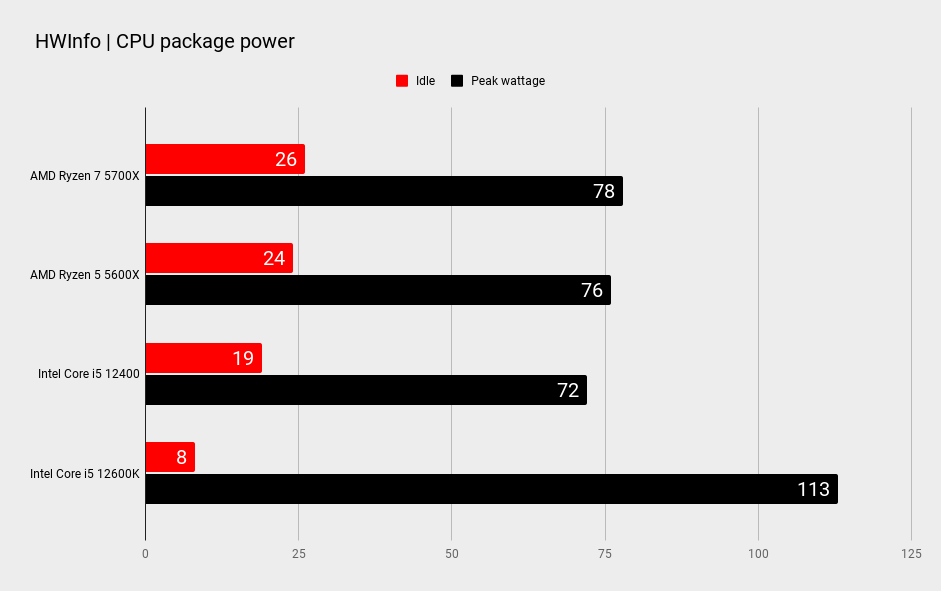
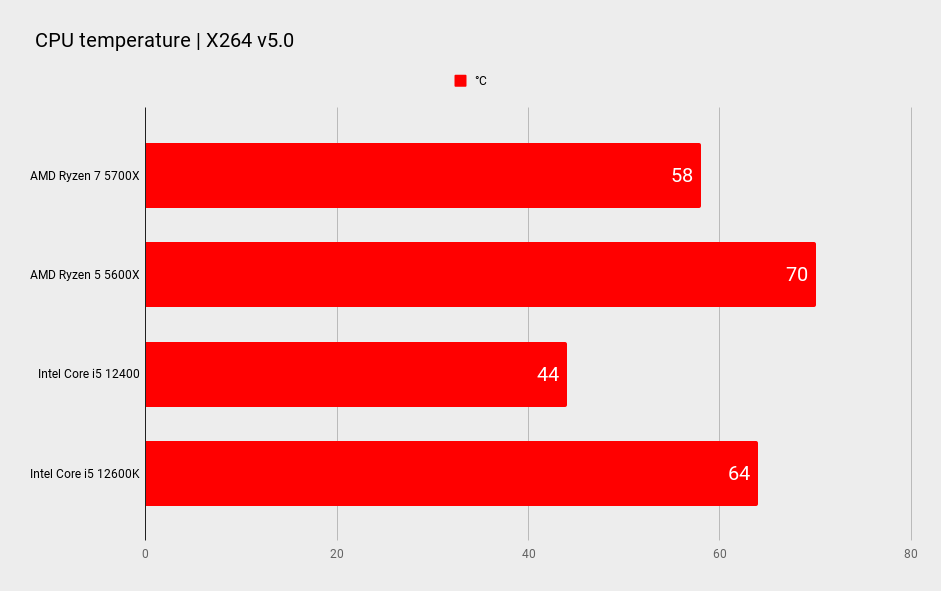
Cooler: Zadak Spark AIO
Motherboard: Gigabyte X570 Aorus Master
RAM: 16GB Thermaltake DDR4 @3,600MHz
GPU: Nvidia GeForce RTX 3080
Storage: 1TB Sabrent Rocket 4 Plus
PSU: Ikonik Vulcan 1200W
Looking at the more serious applications to kick things off, it's clear that the 5700X has something of an uphill battle on its hands. Starting with the Cinebench R23 result, this new chip looks healthy enough compared to the 6-Core 5600X, but then you look at what the Core i5 12600K is capable of and in terms of both single-core and multi-core performance it's so far behind the Alder Lake that it's not even in the same league.
Things are not quite so bleak when it comes to the x264 video encoding test, but if that's the sort of thing you want to do with your PC when you're not playing games, then there's clearly only one option here. At least for this sort of money. The Core i5 12600K takes the win in PCMark 10 as well.
The only areas where the 5700X does better than the Intel chip is in terms of power draw and operating temperatures, although the 12600K does idle lower than AMD's chip.
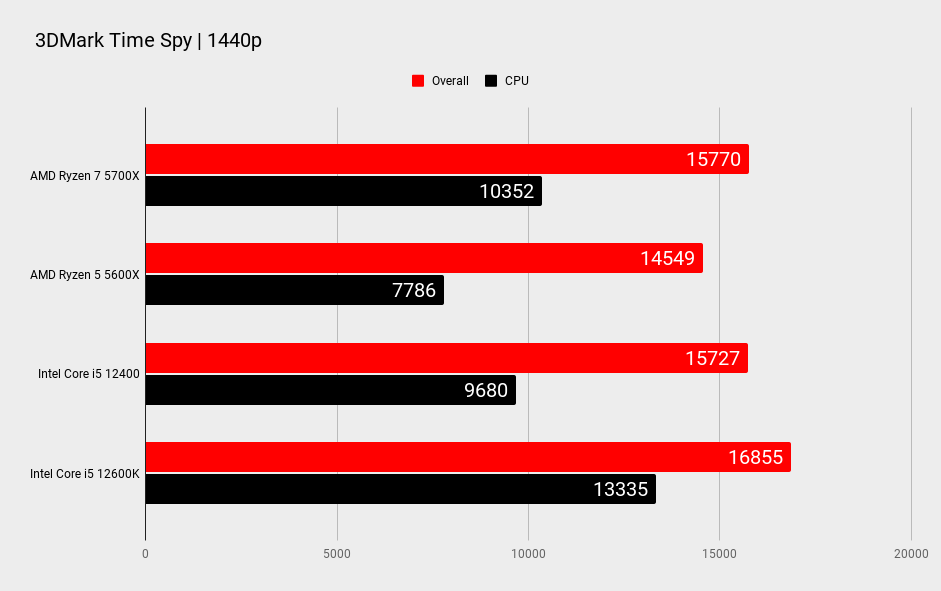
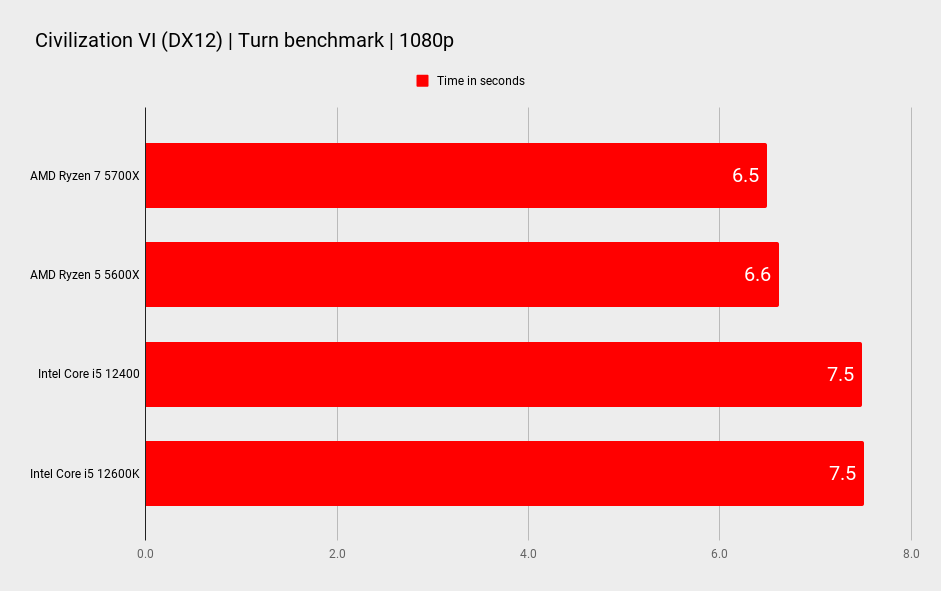
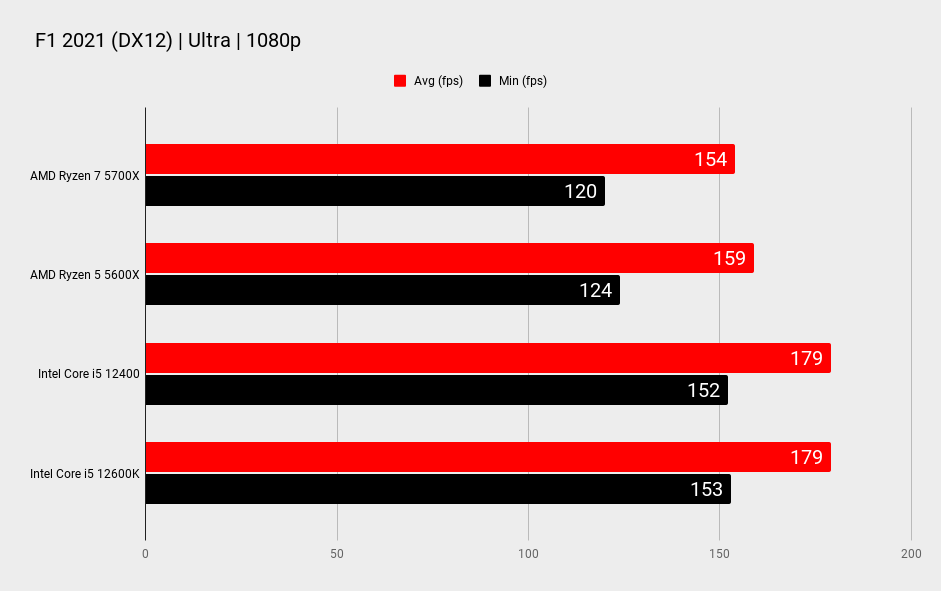
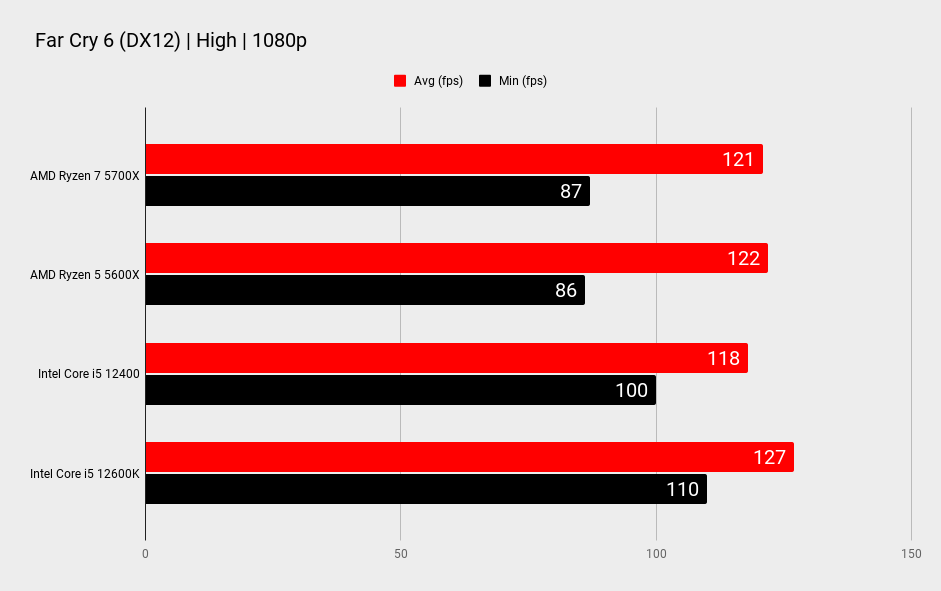
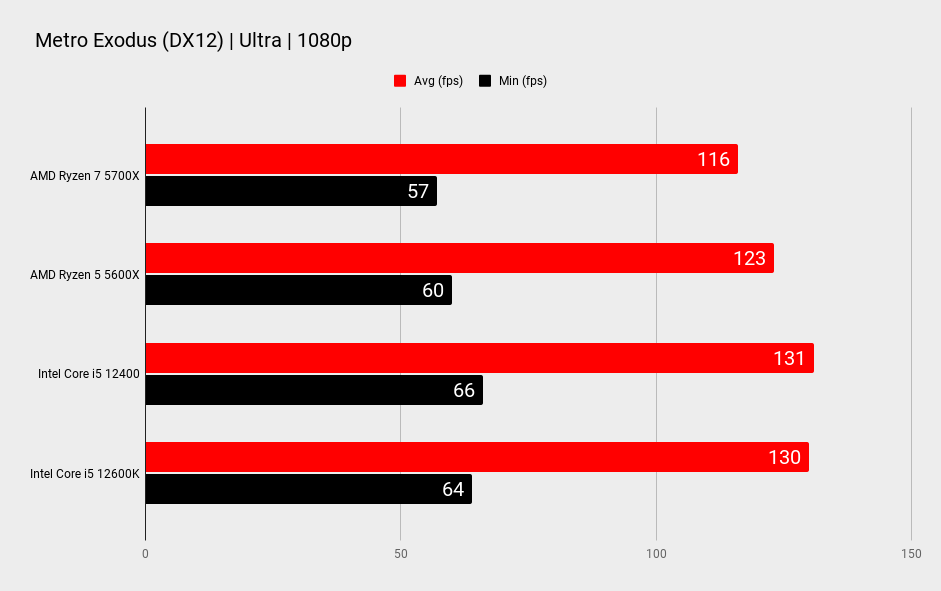
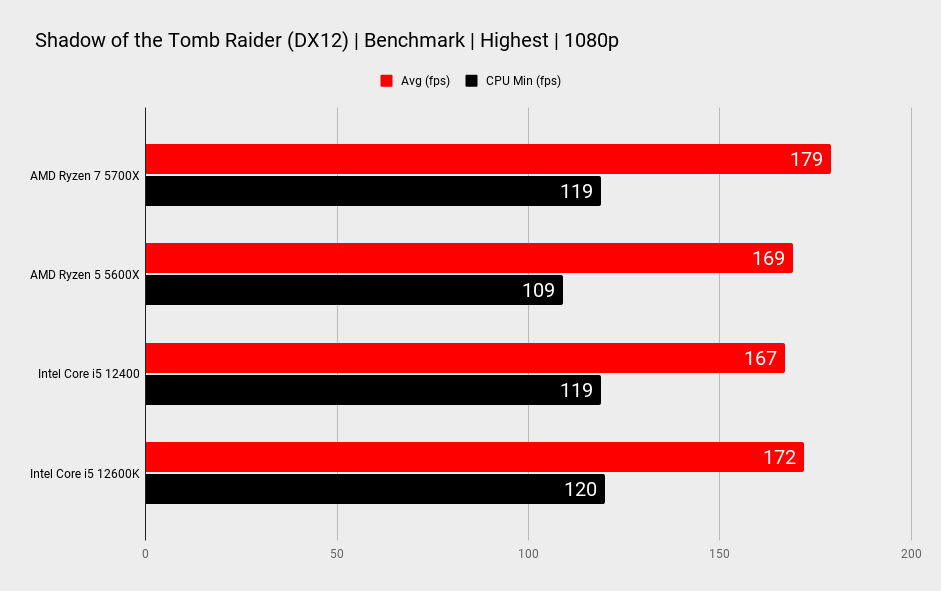
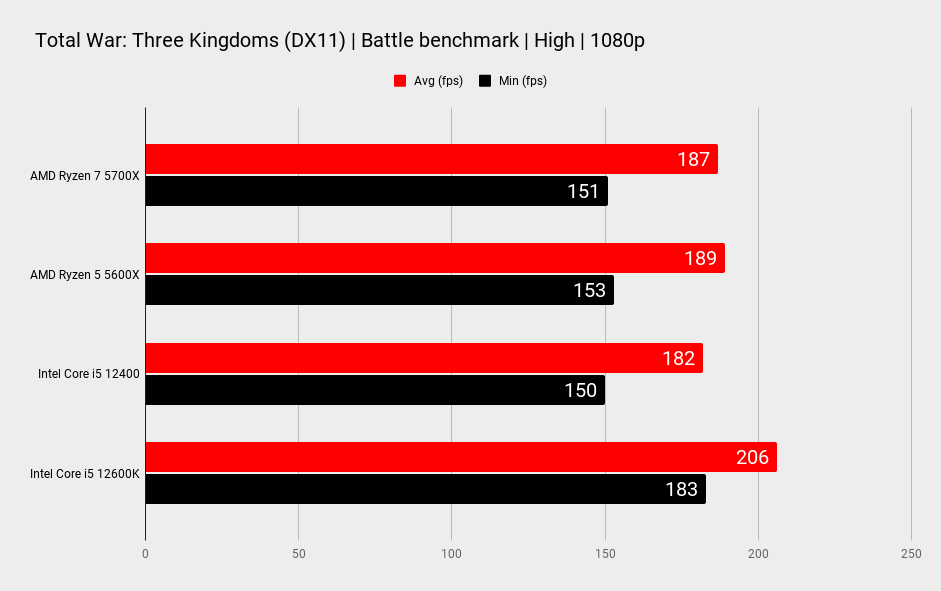
Of course, it's the gaming performance that matters most to us, as PC gamers, and here the Intel chip generally walks away with the performance crown more often than not. It can be subtle, depending on the game, but more often than not it's the Alder Lake chip that has the lead in the latest games.
The minimums tend to favour Intel as well, with Far Cry 6 in particular posting much higher lows—making for a much smoother experience. It's not that the Ryzen 7 5700X is actually bad at gaming, but given the 12600K costs roughly the same, the leads here and there along with the technologies supported make it a better option for anyone looking to build a gaming PC right now.
And that's ultimately what it comes down to: If you were going to build a new gaming machine from scratch right now, this doesn't do enough to make it the go-to CPU. Not only does Intel's mainstream chip represent a better option for the money, but the 5600X and 5600 are better options if you're on a budget.
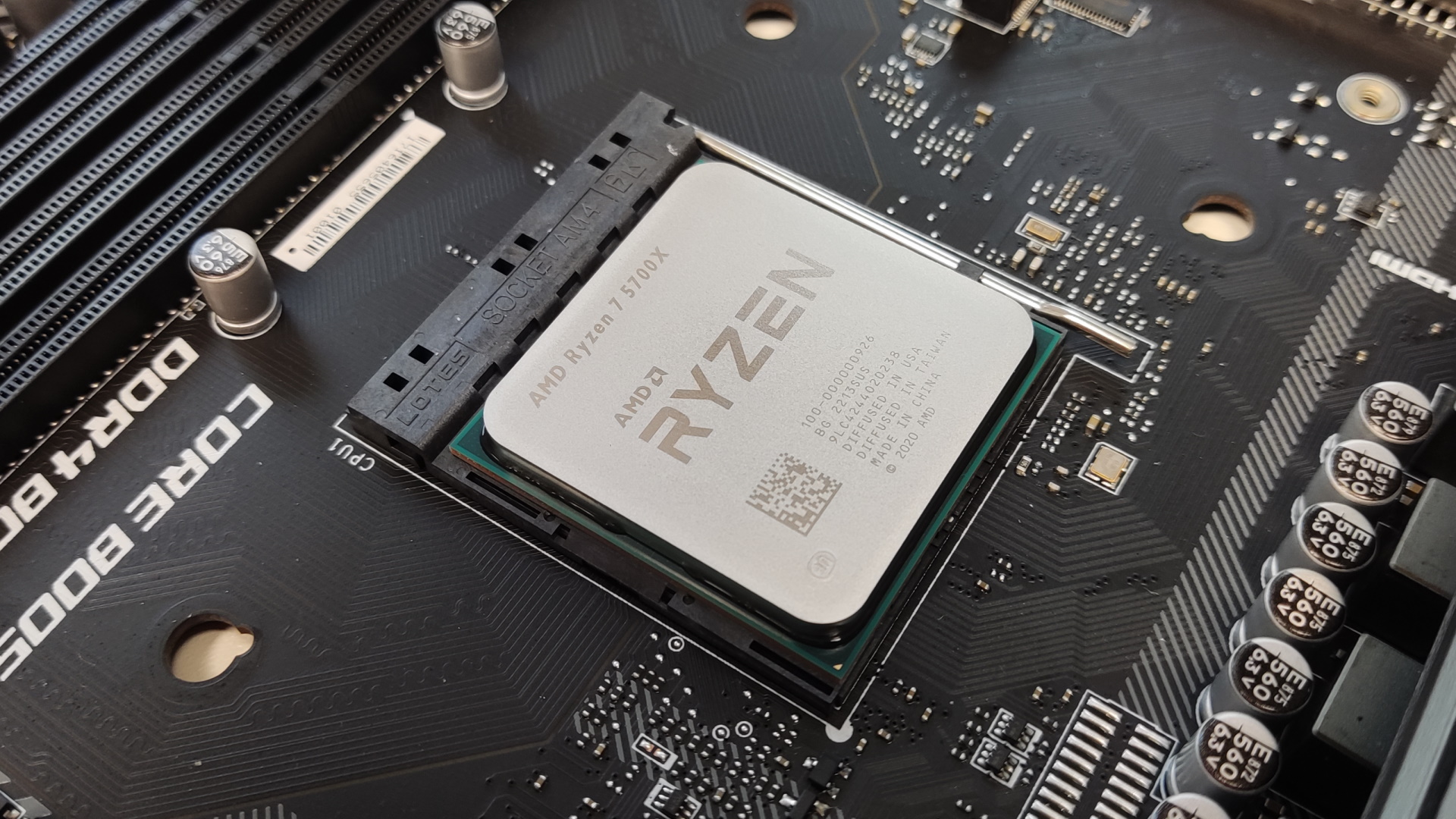
There is one camp that should consider the 5700X though, and that's if you already have an AM4 motherboard and you can just drop this chip into your existing setup and go. AMD and the various motherboard manufacturers have done well to support these new chips across a range of chipsets and motherboards. Unless your motherboard is massively out of date, you should be fine—obviously check with your mobo's website before buying though.
Had the Ryzen 7 5700X been part of the original Zen 3 lineup, it would have been the chip to beat. 18 months later it's only really of interest to a very specific niche. That's computing in a nutshell right there.
If this had launched as part of the original Zen 3 lineup it would have been a great mainstream CPU. Today though, there are simply better options out there.
Alan has been writing about PC tech since before 3D graphics cards existed, and still vividly recalls having to fight with MS-DOS just to get games to load. He fondly remembers the killer combo of a Matrox Millenium and 3dfx Voodoo, and seeing Lara Croft in 3D for the first time. He's very glad hardware has advanced as much as it has though, and is particularly happy when putting the latest M.2 NVMe SSDs, AMD processors, and laptops through their paces. He has a long-lasting Magic: The Gathering obsession but limits this to MTG Arena these days.
